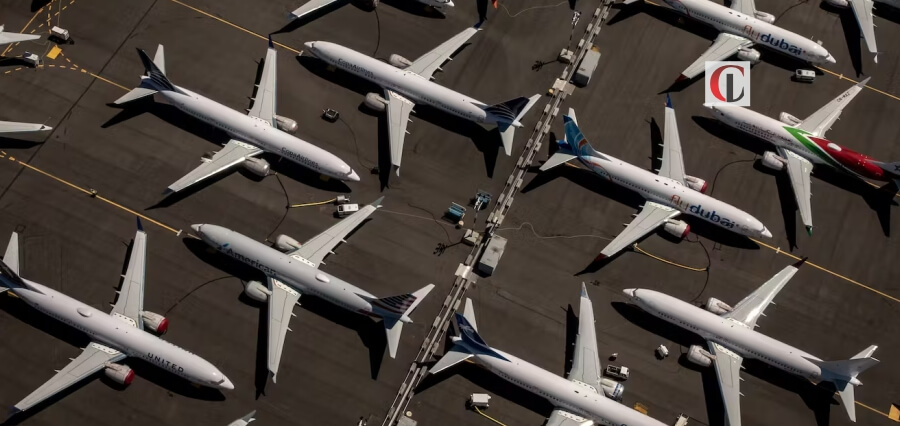Companies across various industries are grappling with the dual challenges of rising fuel costs and increased wage pressures from labor unions. Airlines, in particular, are feeling the impact as fuel and labor are among their most significant expenses. This has led several major carriers, including Delta Air Lines and American Airlines, to revise their earnings forecasts for the current quarter, citing higher-than-expected fuel costs and recent labor agreements.
Fuel prices, which have surged in recent months, are hitting airlines particularly hard. The cost of jet fuel at major airports has increased by 38% in just two months. This trend is putting pressure on airlines’ bottom lines, leading to downward revisions in profit expectations.
Labor unions, representing workers in various sectors such as transportation, manufacturing, and entertainment, have been pushing for better compensation packages, including higher wages and improved benefits. This has resulted in significant labor agreements that are adding to the cost pressures faced by companies.
While strong travel demand has helped many airlines offset some of their increased expenses, there are signs of softening sales, particularly as the travel season begins to slow down. Smaller carriers like Spirit Airlines and Frontier Airlines have already warned of deeper losses and lower revenues.
Overall, the current environment of rising costs, especially for fuel, combined with labor demands for higher wages, is presenting a challenging landscape for businesses across industries. Navigating these challenges while maintaining profitability will require careful cost management, operational efficiency, and strategic planning. Companies will need to find a balance between meeting the demands of their workforce and maintaining competitiveness in their respective markets. Additionally, closely monitoring fuel costs and exploring fuel-efficient technologies will be essential for industries that rely heavily on transportation and energy resources.





